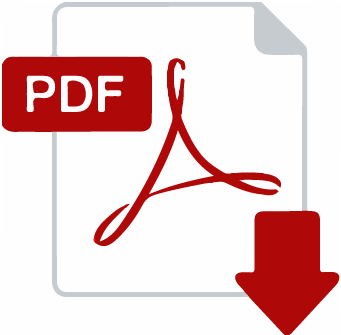Résumé/Abstract
Cet article explore les genres musicaux rétrofuturistes récents des courants *wave, qui se caractérisent notamment par la réappropriation de l’instrumentation électronique des années 1980. Ces courants sont analysés à travers les thèmes de la mémoire et de la nostalgie, en tentant de mettre en évidence leur capacité à évoquer un passé à la fois précis et mythifié. L’examen de l’album Night Drive de Timecop1983, figure emblématique de la synthwave, permet d’envisager ce genre musical comme manifestation de la rétrotopie : alternant entre pistes chantées et instrumentales, cette expérience sonore transcende la nostalgie pour révéler à la fois un passé réimaginé et une réalité alternative. Le rapport complexe et morcelé au passé dans ces genres musicaux est détaillé, soulignant leur rôle dans la reconstruction et la réinterprétation de mémoires culturelles et technologiques. Ainsi, les courants *wave, au-delà de simples genres musicaux, sont aussi des véhicules d’exploration de la mémoire, de la technologie et de la nostalgie. Ils symbolisent la quête contemporaine de la recherche de ce
qui a été perdu en même temps qu’une célébration de l’innovation contemporaine, entre passé idéalisé et créativité contemporaine.
Listening to the waves once again: Timecop1983 and synthwave
This article delves into the recent retrofuturistic musical genres within the *wave movement, characterized notably by the reappropriation of electronic instrumentation from the 1980s. These genres are scrutinised through the lenses of memory and nostalgia, aiming to underscore their prowess in evoking a past that is simultaneously precise and mythologised.The analysis of Timecop1983’s album Night Drive, a seminal figure in synthwave, paves the way to perceive synthwave as an incarnation of retrotopia: a sound experience that oscillates between sung and instrumental tracks, transcending nostalgia to unveil both a reimagined past and an alternative reality. The intricate and fragmented relationship with the past in these musical styles is elaborated, highlighting their role in reconstructing and reinterpreting cultural and technological memories. Thus, the *wave styles, transcending mere musical genres, emerge as conduits for exploring memory, technology, and nostalgia. They epitomize the contemporary quest to rediscover what has been lost, while simultaneously celebrating modern innovation, a journey between an idealised past and contemporary creativity.
qui a été perdu en même temps qu’une célébration de l’innovation contemporaine, entre passé idéalisé et créativité contemporaine.
Listening to the waves once again: Timecop1983 and synthwave
This article delves into the recent retrofuturistic musical genres within the *wave movement, characterized notably by the reappropriation of electronic instrumentation from the 1980s. These genres are scrutinised through the lenses of memory and nostalgia, aiming to underscore their prowess in evoking a past that is simultaneously precise and mythologised.The analysis of Timecop1983’s album Night Drive, a seminal figure in synthwave, paves the way to perceive synthwave as an incarnation of retrotopia: a sound experience that oscillates between sung and instrumental tracks, transcending nostalgia to unveil both a reimagined past and an alternative reality. The intricate and fragmented relationship with the past in these musical styles is elaborated, highlighting their role in reconstructing and reinterpreting cultural and technological memories. Thus, the *wave styles, transcending mere musical genres, emerge as conduits for exploring memory, technology, and nostalgia. They epitomize the contemporary quest to rediscover what has been lost, while simultaneously celebrating modern innovation, a journey between an idealised past and contemporary creativity.
Citer
Kevin Dahan et Guillaume Dupetit, « Réentendre les ondes: Timecop1983 et l’exemple de la synthwave », dans Pagaille, n°3, « Rétrotopies ou l’idéalisation du passé », 2024, p. 51–60. Url : https://revue-pagaille.fr/2024–3‑dahan-dupetit/
